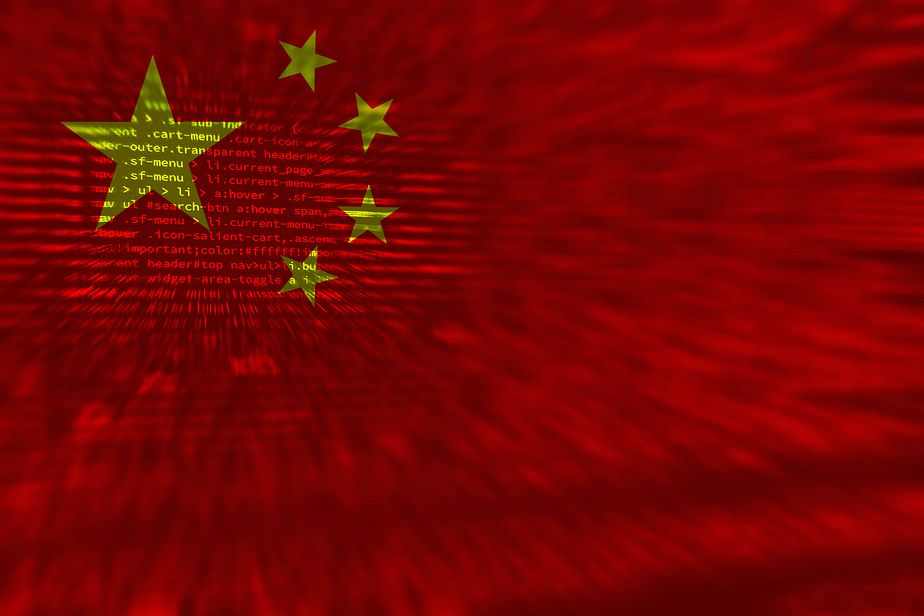China will now crack down on users who like social media posts that the Chinese government deems inappropriate and with this, freedom of expression has reached a new low in the country, according to a report in The Hong Kong Post.
The new regulations drafted by the Cyberspace Administration of China have been effective since December 15, 2022. In the new regulations, ‘likes’ have been linked to ‘comments’ and ‘responses’ on the internet.
China’s Cyberspace Administration is a government agency that monitors, controls and censors communication on social media platforms and the internet.
The new regulations come following discomfort within Chinese authorities due to a surge in social media posts containing anti-government views following protests against the Chinese government’s zero-COVID policy.
Chinese firewalls and censorship mechanisms have been actively working towards removing these posts from the public domain, reported The Hong Kong Post.
A recent Directus report said that censorship specialists in China are worried about the amount of online criticism received by the country after many WeChat users in China saw their contacts post sharp criticism of the country’s zero-COVID policy which led to intensified lockdowns, mandatory nucleic acid tests, forced quarantine and more. Specialists wonder how the content got through.
This comes even as Chinese authorities and internet service providers have for years been monitoring and removing online content that contradicts the narrative set by the Chinese Government.
One social media post from November demanded an apology for the fire victims in Urumqi, Xinjiang. The post has drawn attention towards China because the fire victims who were primarily Uyghur, are said to have been killed as a result of the strict lockdown which prevented them from escaping the fire and acted as an impediment to the firefighter’s efforts to save them
“These posts remained on the WeChat Moments page for days in late November and early December, some of which are still there today,” reported Directus.
Anthony J. Saich, director of the Rajawali Foundation Institute for Asia at the Harvard Kennedy School, as quoted by Directus, said the social media posts “tapped into a broad sense of discontent across numerous locations”.
Recently, Joshua Kurlantzick, a senior fellow for Southeast Asia at the Council on Foreign Relations in an interview with Washington D.C based VOA Mandarin, said that China has been spending huge sums of money on state media outlets China Global Television Network (CGTN), China Radio International (CRI) and Xinhua to try and create these as global competitors and enable these media outlets to define global narratives about China. Most of these big state media outlets have, however, completely failed.

